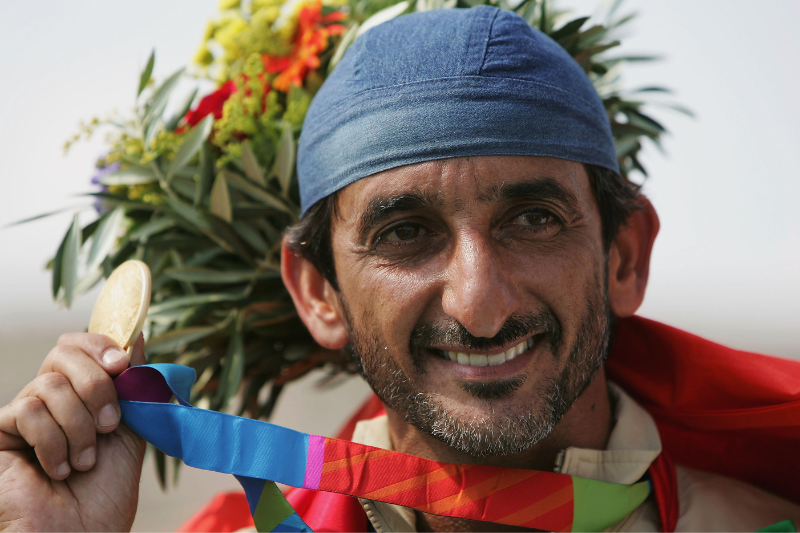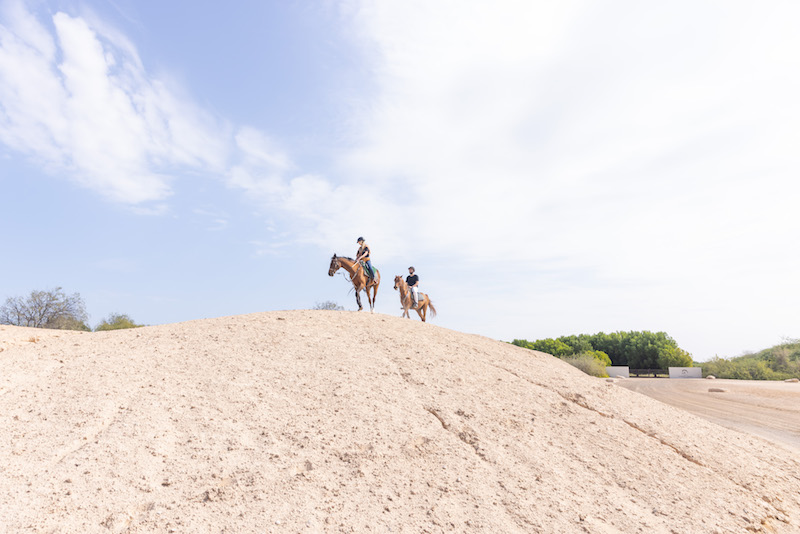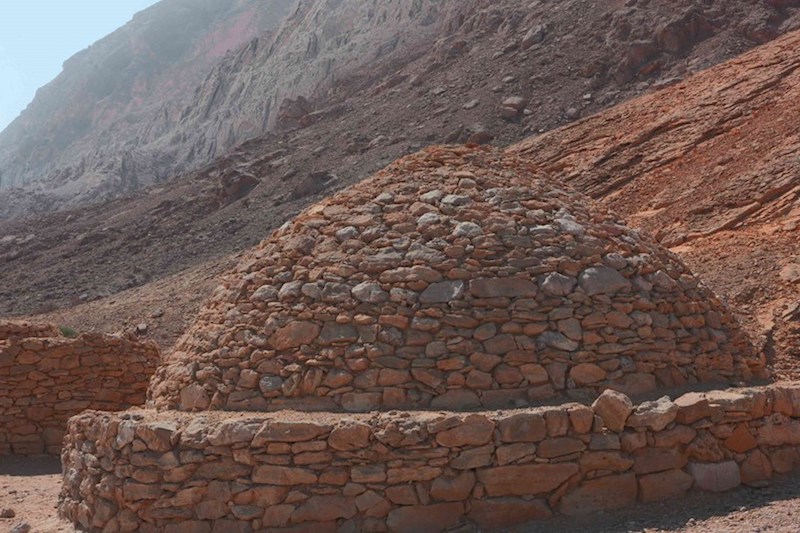The UAE heritage files: 10 interesting facts about the UAE you probably didn't know
Learn the way of the land with these UAE facts…
In this installment of the UAE heritage files, we’re exploring the history and culture of the UAE from a different lens – one of curiosity for knowledge, and a desire to understand the foundation of events that this country was built upon. There is much about the seven different Emirates that is unknown by the next man. Perhaps from the exponential growth, perhaps from the rapid westernisation or perhaps from the local to expat ratio – these tidbits of history stay under the shroud of oblivion.
The last pearl divers…
View this post on Instagram
Did you know that the last commercial pearl diving expedition in the UAE is said to have taken place in the late 1960s, after which new industries transformed the face of the workforce? The last major pearl diving season was in 1969 after which traditional practices disappeared.
Pearl diving was a vital part of the local economy, along with fishing, before the revolutionary discovery of oil. The UAE relied so heavily on the dividends of pearl diving that some expeditions lasted for months in search for the Emirati pearl – a rare and high-quality product.
The early inhabitants…
View this post on Instagram
Some may believe that the UAE is a young country – and it is, in this present state opf unification – but the history of civilisation on this land goes way back. Did you know that of the many civilisations that came through, the Dilmun Civilisation existed around 3000 BC as well as the Magan Civilisation? Both had connections of trade and commerce with the Mesopotamians, the Sumerians and the Indus Valley, and specialised in copper mining and trade.
The history of fragrance…
View this post on Instagram
We all know what perfume means to this country. The history of this commodity is actually rooted in deep and flourishing ties of trade. Did you know that the UAE’s southern coast played a crucial role in the ancient frankincense trade, which flourished from the 1st century BCE to the 3rd century CE? This aromatic resin was highly prized in ancient Egypt and Rome. It was a major component of the Incense Route and traders transported it from the Arabian Peninsula to Europe and Asia.
The Olympics…
 Did you know that the UAE’s first Olympics gold medal in history was earned in the 2004 Athens Summer Olympics? His Highness Sheikh Ahmad bin Mohammad bin Hasher Al Maktoum, a member of the ruling family of Dubai, clinched the top medal for men’s double trap shooting, bringing the first and only gold medal in the history of the country.
Did you know that the UAE’s first Olympics gold medal in history was earned in the 2004 Athens Summer Olympics? His Highness Sheikh Ahmad bin Mohammad bin Hasher Al Maktoum, a member of the ruling family of Dubai, clinched the top medal for men’s double trap shooting, bringing the first and only gold medal in the history of the country.
The firsts…
View this post on Instagram
Did you know that the Al Bidia Mosque, located a little outside Fujairah in the village of Al Bidya, is chock full of cultural significance? Considered one of the oldest mosques in the country, it is believed to be constructed sometime between the middle of 15th and 17th century – around 600 years old.
Nonetheless it is still a completely sound, standing structure and hosts daily prayers even today, despite being a tourist attraction. The building itself is a small space, with little cut-outs in the walls for windows and a rudimentary design put together with materials that were available then. The mosque features on the World Heritage List compiled by UNESCO.
Making a change…
View this post on Instagram
Did you know that since 2004, robot jockeys have been used in the sport of camel racing, a sport that has been around for thousands of years and a part of the local culture? The sport is prevalent across most of the GCC countries and the UAE was the first to ban the use of human jockeys in favour of robots. These robot jockeys were developed around 2004, two years after the ban on July 29, 2002. Today, the use of human jockeys is being phased out by the use of robotic jockeys.
Striking gold for the first time…
View this post on Instagram
Oil transformed the UAE – we’re all aware, but did you know that the first discovery of oil in the UAE happened in 1958, in the Mubarek Oil Field in Abu Dhabi? The discovery was made by a consortium led by the California Arabian Standard Oil Company (CASOC), now known widely in our memory as the Abu Dhabi Oil Company (ADOC). The first commercial production of oil began in 1962 and rest, as we know it, is history.
The story of an island…

Did you know that a Christian monastery existed on the Sir Bani Yas Island around the 7th century? Archaeological excavations in 1990s brought up the ruins of a Christian monastery, dating back to the 7th century. The monastery, believed to be part of the Nestorian Christian Church, features a complex of buildings, including a church, living quarters, and various communal areas, indicating a wider, flourishing community. It is also one of the oldest known Christian sites in the UAE.
An unkown queen…

The Jebel Hafeet tombs, near Al Ain are some of the oldest archaeological discoveries in the UAE, indicating a life and times some 5,000 years ago. But did you know, that there could have been an unknown ruler to the area lost to the sands of time? Excavations in the 1950s and 1960s unearthed, among the numerous other tombs, one different from the rest. It was bigger, more elaborate in design and suggested an individual occupant.
It contained numerous artifacts, including pottery, jewelry, and other grave goods, suggesting the individual buried there held a high status, possibly that of royalty or nobility. The positioning and the wealth of items found from just this one indicates the importance of the personality, but the exact identity of this queen is unknown, and tomb has been looted over time.
The hidden tunnels of Khor Fakkan…
Did you know that Khor Fakkan, on the UAE’s east coast, is home to a network of underground tunnels that are believed to date back to the early 19th century? These historical passages were likely used by local tribes to store goods or even to escape invaders during times of conflict with the Portuguese and other foreign powers. They are still relatively unexplored and remain one of the UAE’s archaeological mysteries.
Being unexplored, the tunnels are not extensively documented and have led to a mix of folklore and speculation about their origins and uses.
Images: Getty/Unsplash/dubaiasitusedtobe.net
